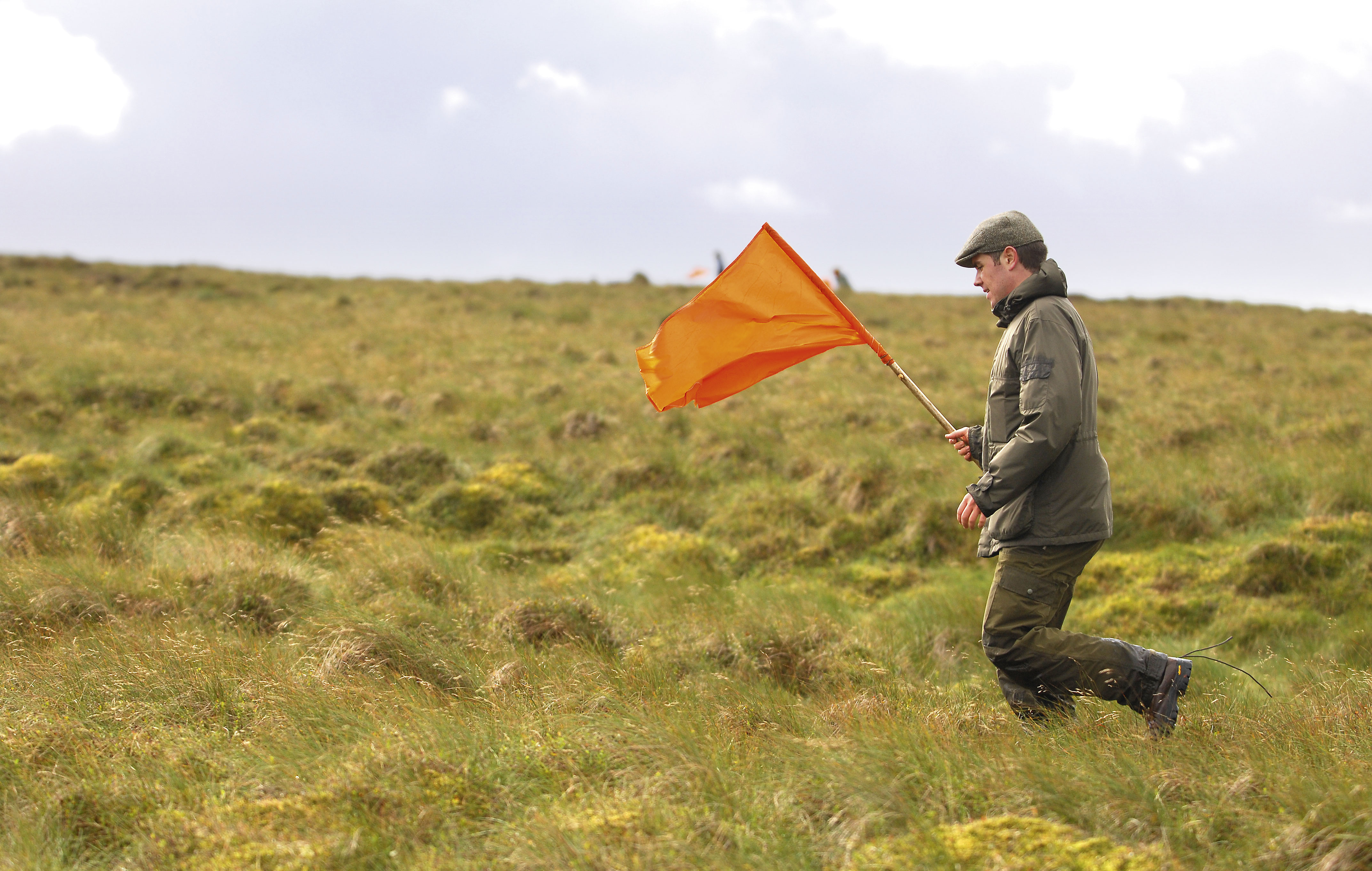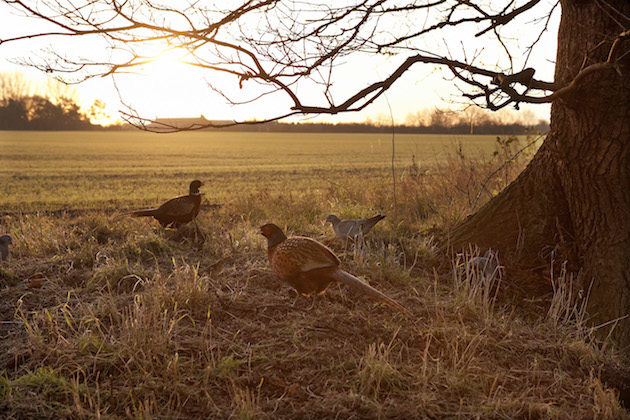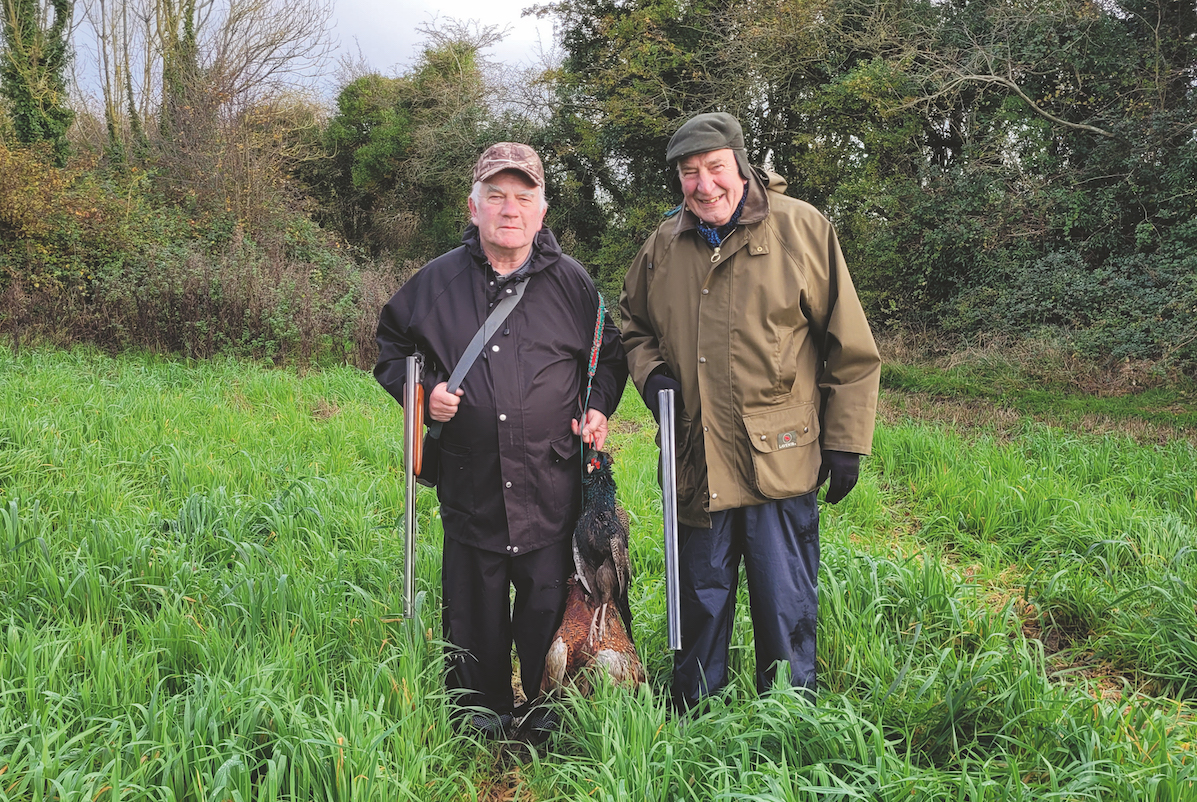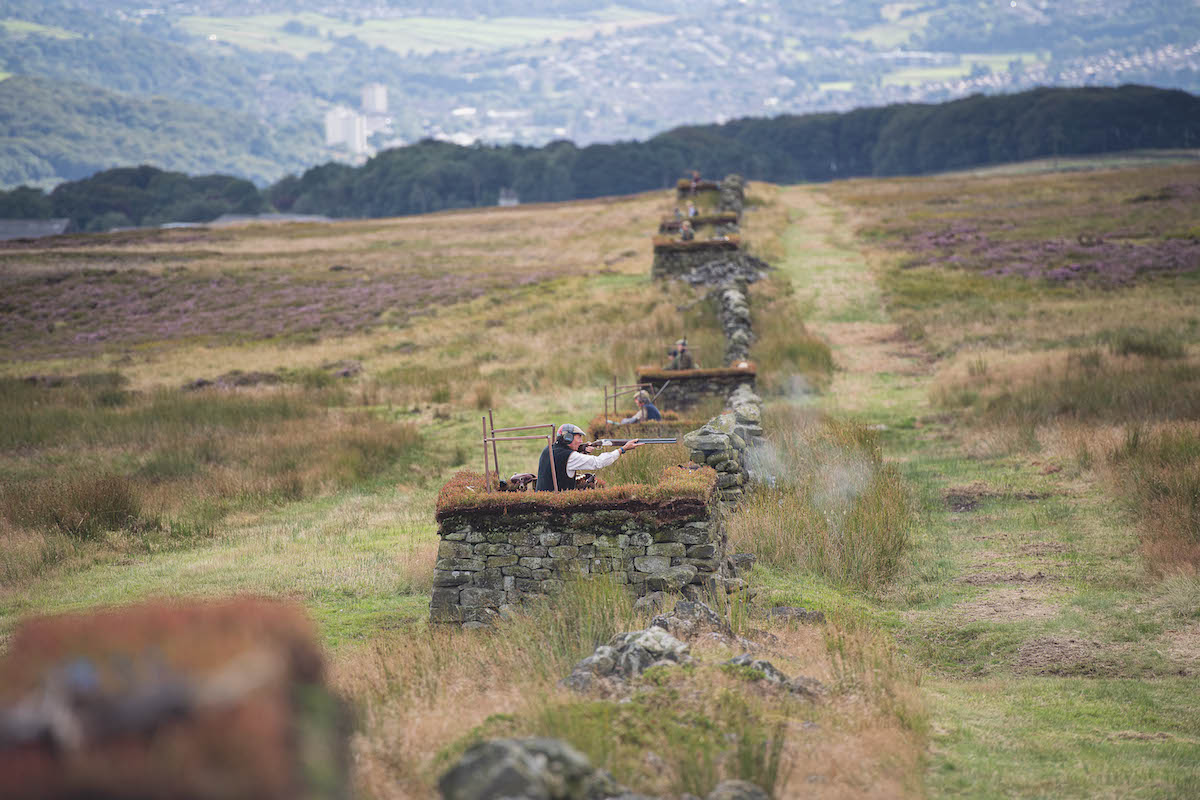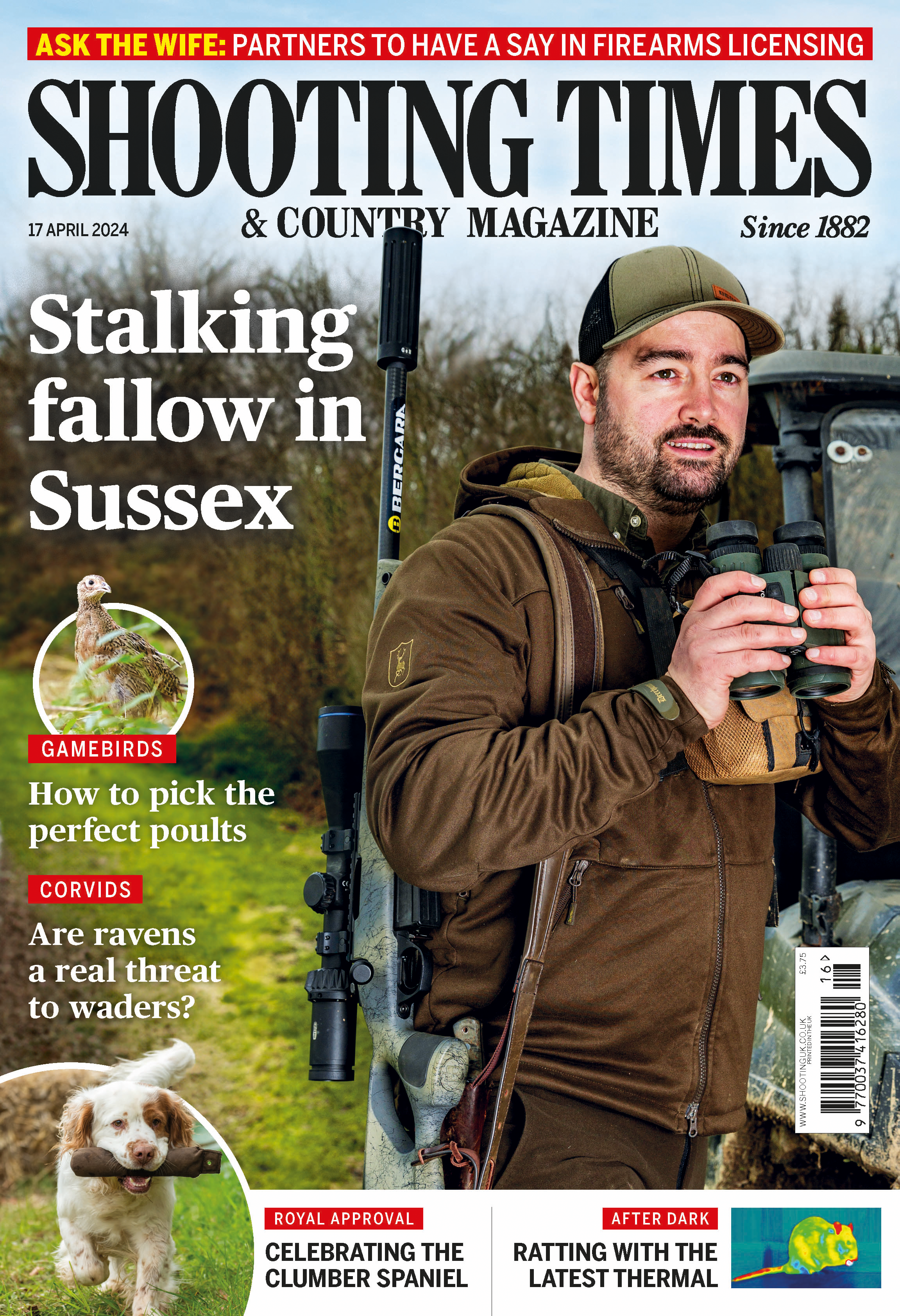Whatever happened to the British countryside?
British countryside is a term that evokes many cherished memories, but now many of our cherished institutions are at risk of extinction.
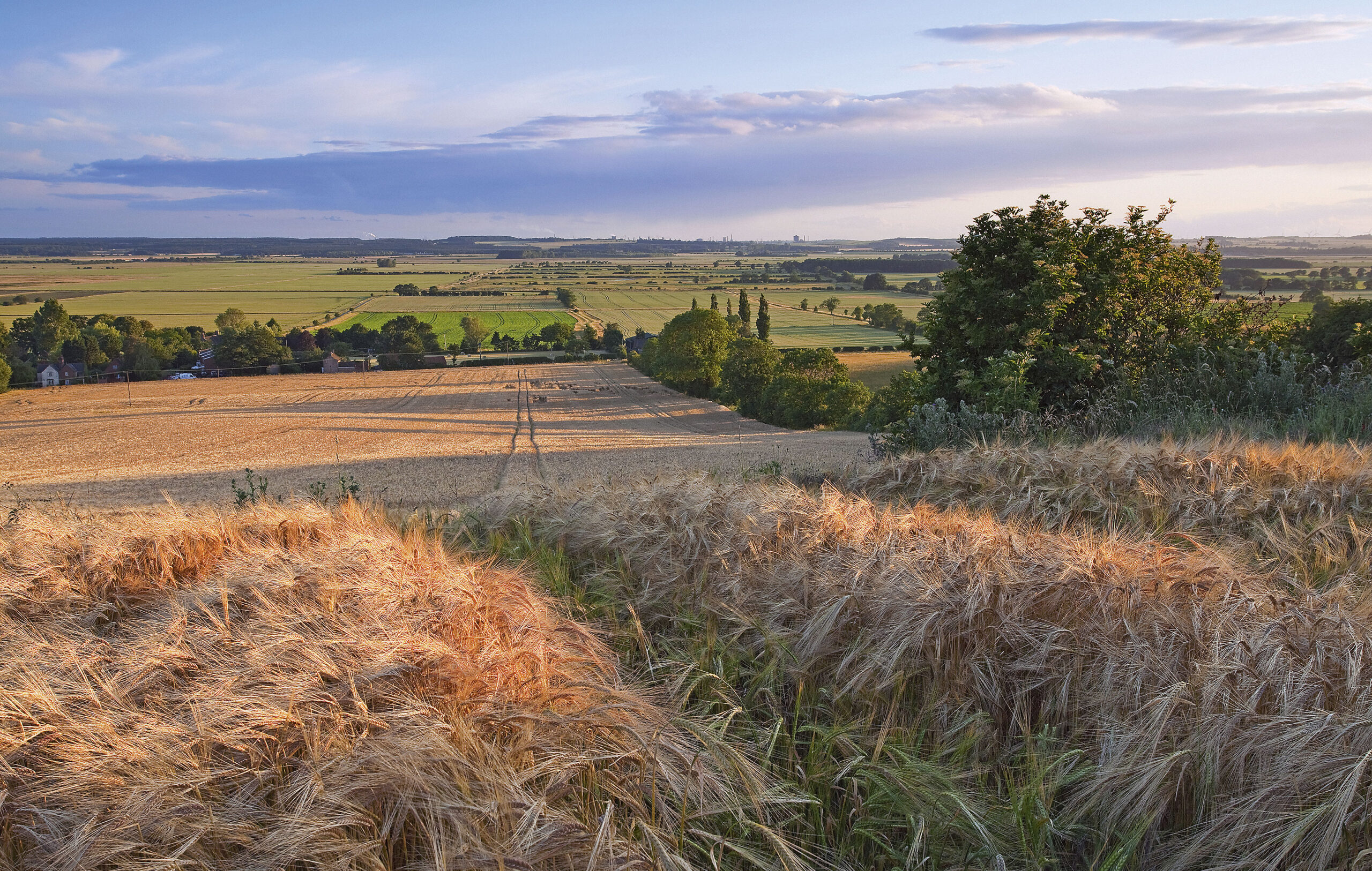
Years ago, if you went from Walsall towards Litchfield on the No.6 bus, crossed the Shire Oak traffic lights and carried on for a couple of miles, you would come to a farm just before the Boat Inn. The man who farmed it was my grandfather’s best friend, a man called Harmour Stanley. Affectionately known by all as “The Gaffer”, he was a huge, ruddy-faced man with a booming voice and raucous laugh.
The Gaffer was one of my childhood heroes and to say that I worshipped the ground he walked on is no exaggeration. His farm was mixed arable, with sprouts, cauliflowers, cabbages, cereals, lettuces, beans and potatoes – indeed all manner of wonderful produce. It was truly diverse and consequently this small acreage teemed with game and wildlife. A disused canal, though mostly dried up, would yield the odd duck, pheasant and rabbit. Walked-up grey partridge were great in the early season, but by November if you placed a foot in one end of the field, they would leave at the other. Hares and snipe were frequent quarry, along with an occasional woodcock, and of course woodpigeons.
At times the sprout fields literally shimmered with pigeons and in the winter of 1963, as an eight-year-old, I will never forget the sight of the starving grey masses that simply refused to leave the frozen brassica. I well remember my father putting his shotgun down and simply dispatching the skeletal birds to end their misery.
Like my grandfather, The Gaffer loved his game shooting and they spent many hours together in pursuit of quarry. I loved listening to their tales of old, how in their youth game and wildlife were far more plentiful, something of course only their generation would know or be in a position to compare.
They spoke also of the people of old, the rat catcher who used to visit the pubs, remove a rat from within his shirt where he kept several, tie it by the back leg to a nail in the centre of a pub table and, for drink or money, kill it with his teeth. Then there was the woman who worked as a farm labourer. She had a considerable number of children and when she gave birth, did so in the field, wrapped the baby in a hessian sack, put it under a hedge and returned to work. Another woman in the village gave birth during the war to a black baby and claimed it was because she ate so much liquorice when pregnant.
These two old rogues would talk for hours of game shooting exploits and country characters, and after a while I would leave them to it and pursue my favoured childhood passion of shooting sparrows and starlings with an airgun. They were so plentiful that when the corn was milky, the fields literally took off with sparrows, and starling roosts would eventually kill a wood if not moved on with guns and bangers.
Lapwings were fairly recently protected, but still very plentiful, their wavering flocks were enormous and I remember my grandfather telling me how delicious both they and their eggs were. Again reference was made to the former populations of lapwings along with grey partridge, goldfinches, linnets, yellowhammers and so many other birds claimed to be far more plentiful when he was a boy. I loved my trips to The Gaffer’s and from the age of perhaps 13 I would take my 12 bore wrapped in a white ‘swimming towel’ and catch a bus to the farm. I can only begin to imagine what would happen were that attempted today.
Some years ago I paid the farm a visit but sadly left deeply depressed. Only the ghost of The Gaffer remained, my beloved childhood hunting grounds bore no resemblance to the area that once was. Now a sea of green monoculture with plenty of new roads and corvids, I saw nothing of the former inhabitants.
What’s in a gamekeeper’s job description?
Gamekeepers: From long hours to relentless predators, there are many aspects to a gamekeeper’s job description.
How guns can impress the beaters
I have spent a few days on the other side of the hedge this past season and it has been,…
How to hatch and rear your own pheasants
Many DIY shoots are looking at ways of reducing costs, and one way of achieving that is rearing pheasants yourself.…
I tell my sons and daughter how wonderful the abundance of wildlife was in my childhood and teens compared with today, just as my father and grandfather told me the same. Today’s wildlife comparisons are made with the 1970s, but according to our fathers and grandfathers, so much was lost before then. Cannock Chase in the Midlands once held record numbers of black grouse. In 1860, 252 were shot in a day and large bags continued up to the First World War. They were also found at that time on Wimbledon Common – difficult to believe now as this precious endangered game bird is only evident thanks to well managed moors.
In the 1800s between 100,000-150,000 goldfinches were caught annually on the Sussex Downs near Worthing, hens were dispatched for food and cocks sold for song. Similar numbers of linnets, redpolls, siskins, and cirl buntings were also taken. Catches of 150 a day were the norm on land that is now Paddington Station. The RSPB finally stopped this monstrous slaughter in 1933; their slogan back then was ‘save the goldfinch’ – clearly that was before they forgot the birds.
I remember seeing grey partridge at Walsall Golf Club and in fields not two miles from the town centre; indeed they were abundant the length and breadth of the British countryside. Now they hang on only at the behest of wild bird shoots, along with lapwings and a host of other dwindling species.
These comparisons with former years where the former years continuously creep forward are what ecologists call ‘shifting base lines’. No doubt as creatures continue to disappear, 2015 will one day be held as a good example.
As I see children spending their free time frantically tapping phone and computer games, I genuinely pity them. They cannot possibly understand the joy and excitement that was to be had in the pursuit of quarry, be it fur, fin or feather. My outings with grandfather to The Gaffer’s and Hilton Park Estate were simply priceless and I could not even begin to describe the enjoyment I had as a youth in what was then bountiful British countryside.
I was speaking recently to a grouse moor owner about whether our sport would survive long term. “No, of course it can’t,” I said. He disagreed, but I fear for once he was wrong. The gradual erosion by an urban population will brand us one day as alien as the rat catcher in the pub.
True, our sport enjoys a twilight period, but many issues are stacking up against its continuation. I truly hope that I am wrong, but then as my dear grandfather often said, I have seen the best of it.


